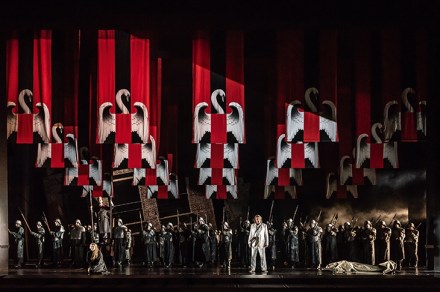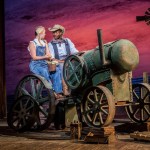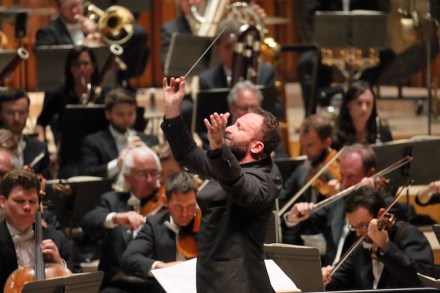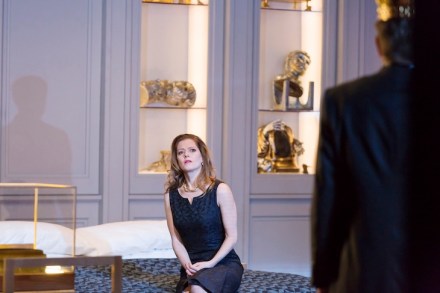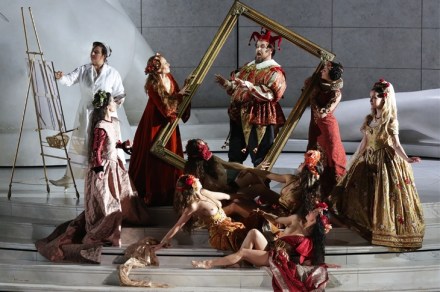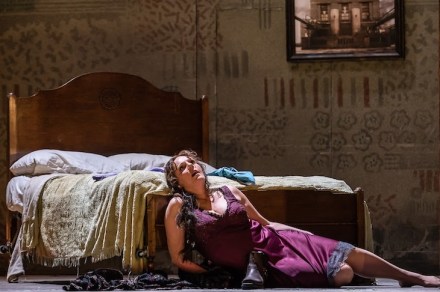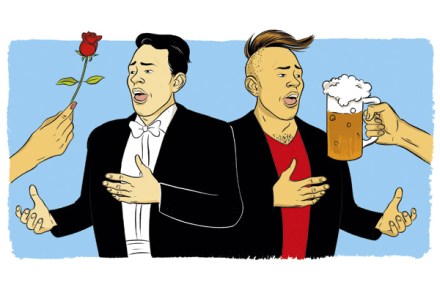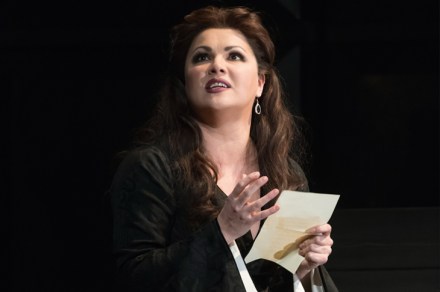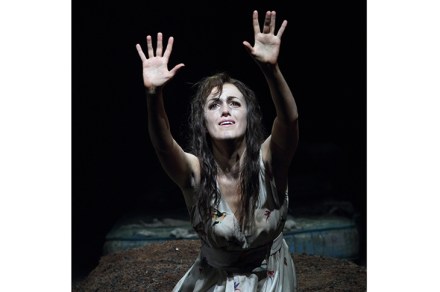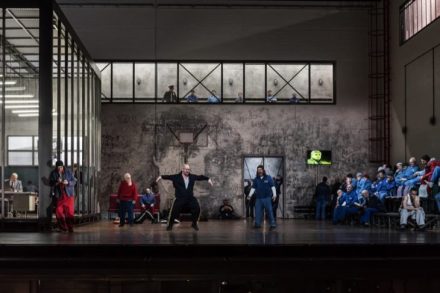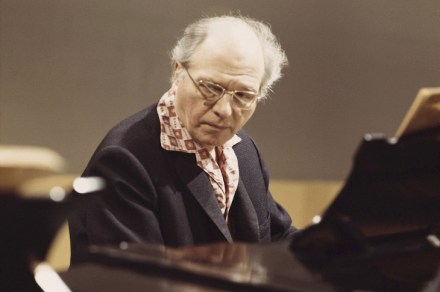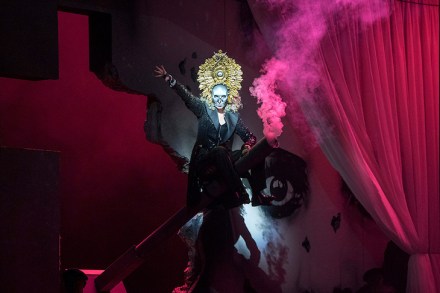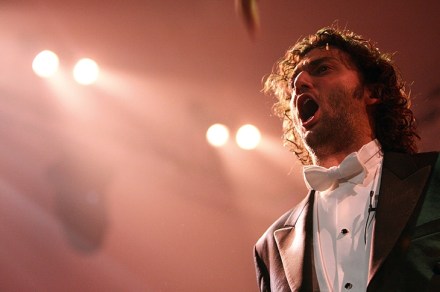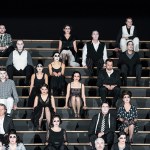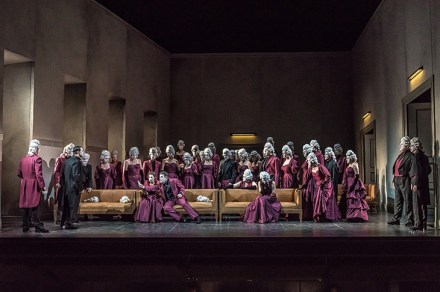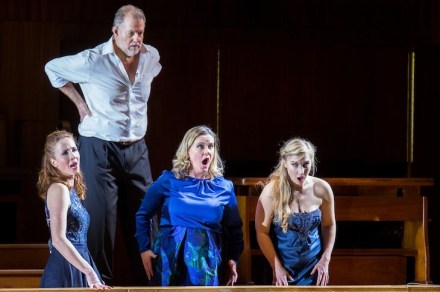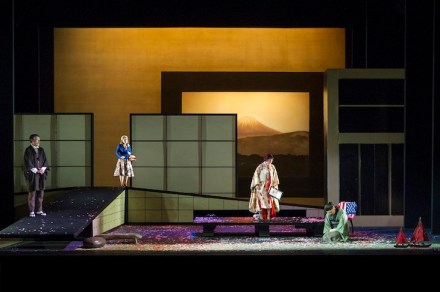Slippery slope
Longborough Festival Opera, refuge for British Wagnerians fleeing unidiomatic musical performances and idiotically irrelevant and insulting productions, has rounded off its Wagner canon with its first Der fliegende Holländer. Next year a new production of the Ring begins, so presumably the small stage is considered inappropriate for the three Wagner dramas with indispensably large choruses. Not that Holländer can do without a chorus in Act Three, and very impressive it is in this production by Thomas Guthrie, but we only saw the townsfolk, and I think the Dutchman’s crew was pre-recorded, though perfectly synchronised. The conducting was, as always, in the sure and inspired hands of Anthony Negus, and the
